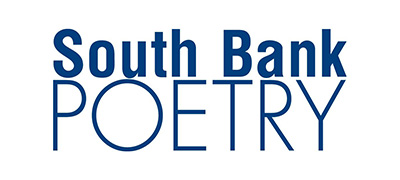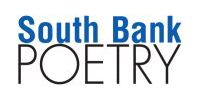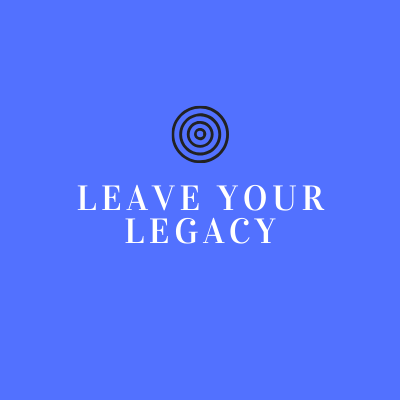Poetry and identity
A while ago, I overheard someone say that they didn’t have a “cool identity”. They listed a few things they felt might make their identity cooler, like being a vegan, being a DJ or being gay (I know- I was also confused by this seemingly random assortment of signifiers of coolness). But whether “cool” or not, everyone has an identity, and as poets we are in a great position to be able to explore and express that.
In “A Politics of Mere Being,” Carl Phillips writes about being seen as “a political poet” simply by virtue of being who he is: a gay, black man. He explores the ways in which identity informs his poetry (and the ways in which it doesn’t). For poets like Phillips, and Ocean Vuong, and Audre Lorde, their identities become central to an understanding of their poetry. How can you use your identity to inform and shape your own poetry- and why should you?
Every little helps: We’ve written before about sharing your story. Similarly, sharing who you are can be both terrifying and transformative. It can also resonate with others in unexpected ways. Who knows if your poem will serve to educate someone? Or provide a moment of recognition, letting someone know that it’s OK to be who they are?
Less can be more: You can let the reader make their assumptions before you thwart them! (Unfortunately), many female poets and authors have felt the need to use neutral or male names (George Eliot, H.D.) If the reader comes to your writing without an idea of who you are, the moments of revelation can be all the more powerful.
More can also be more: If you feel like self-expression is crucial to your poem, go for it. There is absolutely nothing that should stop you from being your open, blatant and powerful self.
Being a poet is an identity in itself: I admire spoken word artists. They always seem to me to have their poetry and their identities aligned, so that what you see on stage is a direct expression of who they are as a person. But I’ve spoken to a fair few, and they all say the same thing: being truly yourself on-stage can be tiring. So don’t be disheartened if exploring your identity on page or stage wears you out: you’re in good company.
Poetry can help you understand who you are: Sometimes when something troubles me, I “write it out” until I arrive at some kind of solution or conclusion. In the same way, poetry can help untangle who we are when we feel unsure. Like the caterpillar in the Alice stories, I have sometimes found a poem staring me down, asking “Who. Are. You?” It’s a question that demands an answer- but poetry allows you to come to this as slowly or as quickly as you are comfortable with.
You can only ever be yourself: As Oscar Wilde wrote, “everyone else is taken.”
Blog written by Becky Balfourth




